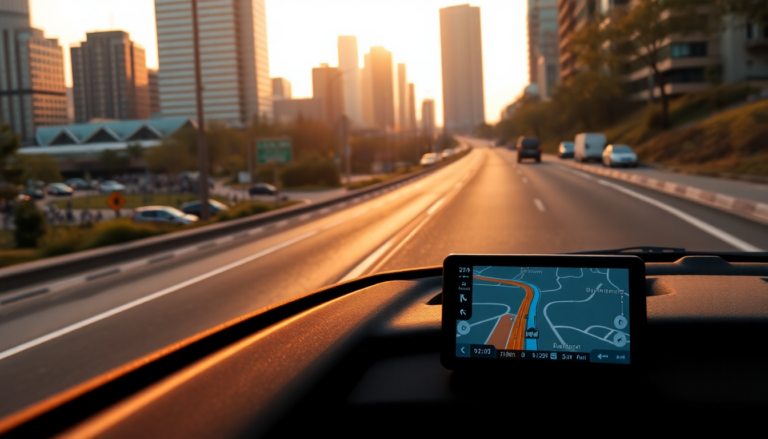Argomenti trattati
In today’s tech-driven world, where we often rely on our devices to guide us, the alarming phenomenon known as ‘death by GPS’ has come to the forefront. Recent research from scientists in the USA and Bremen sheds light on the real dangers that can emerge when we depend too heavily on GPS systems. This exploration not only highlights the risks but also offers insights into how navigation technology can evolve to enhance our safety while traveling. Are we putting too much faith in our gadgets?
What Exactly is ‘Death by GPS’?
The phrase ‘death by GPS’ describes situations where people follow their navigation devices without a second thought, leading them into hazardous circumstances. Think about tourists who, mesmerized by their GPS prompts, accidentally drive into the ocean or find themselves lost in barren deserts. These cautionary tales reveal just how perilous it can be to trust technology blindly. After all, can we afford to take such risks when the stakes are so high?
It’s crucial to understand that navigation systems don’t rely solely on GPS signals; they also draw from various services, including Wi-Fi. This multi-faceted reliance can introduce complexities that users might not fully comprehend, heightening the dangers that come with navigation. Alarmingly, the study also shows that distractions from navigation devices can lead to severe accidents. For instance, a driver who is too focused on fiddling with their GPS might not see a cyclist until it’s too late. Shouldn’t we be more mindful when using these tools?
One of the more surprising revelations from the research is just how often drivers end up on the wrong side of the road due to faulty GPS instructions. In one notable case, a driver mistakenly traveled about 29 miles in the wrong direction because they followed their GPS without questioning it. This scenario serves as a reminder of the importance of critical thinking in navigation. Instead of passively relying on technology, shouldn’t we stay alert and aware of our surroundings?
Moreover, the study highlights a significant oversight in GPS systems—they often fail to consider the specific capabilities of different vehicles. While an off-road vehicle might tackle a rugged shortcut with ease, a sports car could find itself hopelessly stuck. Weather conditions also play a significant role in navigation safety; adverse weather can complicate travel plans and heighten the risk of accidents. So, how can we better prepare ourselves for these challenges?
The researchers documented a total of 52 fatalities linked to GPS navigation errors, alongside a number of serious injuries. However, it’s worth noting that more than half of these incidents did not result in death. This indicates that while the risks associated with GPS navigation are considerable, many encounters can end without the worst outcome. Isn’t it time we take these statistics seriously?
As travelers gear up for their next adventure, it’s vital to recognize and respect the potential hazards that come with GPS navigation. Before setting off on any journey, spending a few moments to review the findings from this study can provide valuable insights on how to navigate safely. By striking a balance between relying on technology and maintaining personal awareness, we can significantly lower the risks associated with ‘death by GPS’. Are you ready to navigate smarter?

